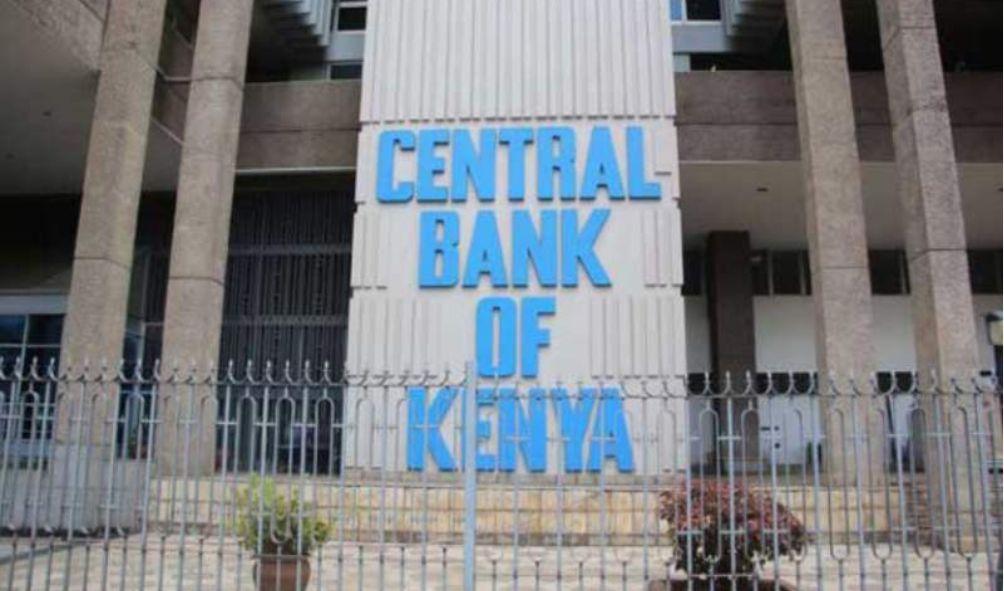CBK’s Hopeful Outlook: Navigating Economic Challenges for Kenyans
Monday, June 26th, the Central Bank of Kenya (CBK) released a financial monetary policy outlook that painted a hopeful picture despite real economic challenges for ordinary Kenyans.
The Monetary Policy Committee of the CBK reported in its most recent review that inflation remained elevated for three consecutive months.
In the coming months, only minor changes to the trajectory are anticipated.
According to the regulator, the high inflation rate, which reached 8%, continued to drive up the prices of basic commodities, including food, fuel, and non-food non-fuel items.
“The Monetary Policy Committee (MPC) met on June 26, 2023, amidst ongoing global uncertainty, persistent inflationary pressures, a weak global growth outlook, geopolitical tensions, and measures taken by authorities around the world in response to these developments.
“The MPC reviewed the outcomes of its previous decisions and the measures implemented to mitigate the adverse economic impact and financial disruptions,” the MPS stated.
MPC stated, after reviewing the economic performance in April, May, and June, that the high inflation rate will continue to affect many households, particularly those with low incomes.
“Overall inflation rose to 8% in May 2023, up from 7.9% in April, due to increases in fuel, food, and non-food, non-fuel (NFNF) prices. In May, food inflation rose to 10.2% from 10.1% in April, primarily due to a sharp increase in sugar prices.
“Prices of several essential food items, particularly vegetables, decreased as a result of an increase in supply attributable to the recent rains and a decline in global food prices. Fuel inflation increased to 13.6% in May from 13.2% in April, primarily due to the removal of the fuel subsidy and increases in electricity prices following a tariff increase in April, according to a CBK report.
ALSO READ: Unveiling Widespread Corruption in Water & Sanitation Companies: Auditor General’s Report
CBK stated that it was closely monitoring the inflation situation and would take appropriate measures to keep it under control, including addressing regulatory factors that contribute to a high rate.
The report revealed that the banking industry remained stable and resilient, with high liquidity and capital adequacy ratios. In May 2023, the ratio of gross non-performing loans (NPLs) to gross loans increased to 14.9% from 14.6% in April.
In the manufacturing, trade, real estate, transportation, and communication industries, CBK observed an increase in non-performing loans. The banks have maintained adequate provisions for nonperforming loans.
“The growth rate of private sector credit was 13.2 percent in April and May of 2023. Strong credit growth was observed in the following industries: manufacturing (19.3 percent), transportation and communication (22.0 percent), trade (15.4 percent), and durable consumer goods (11.9%).
“The number of loan applications and approvals remained robust, reflecting a rise in demand and robust economic activity. The Committee noted the ongoing implementation of the Government Budget for FY2022/23, particularly the performance in tax revenue collection and the policy measures in the Budget for FY2023/24, which continue to strengthen fiscal consolidation, according to a portion of the CBK report.
CBK’s Hopeful Outlook: Navigating Economic Challenges for Kenyans
HEY READER. PLEASE SUPPORT THIS SITE BY CLICKING ADS. DON’T FORGET TO HIT THE NOTIFICATION BELL FOR MORE UPDATES AROUND THE GLOBE.
